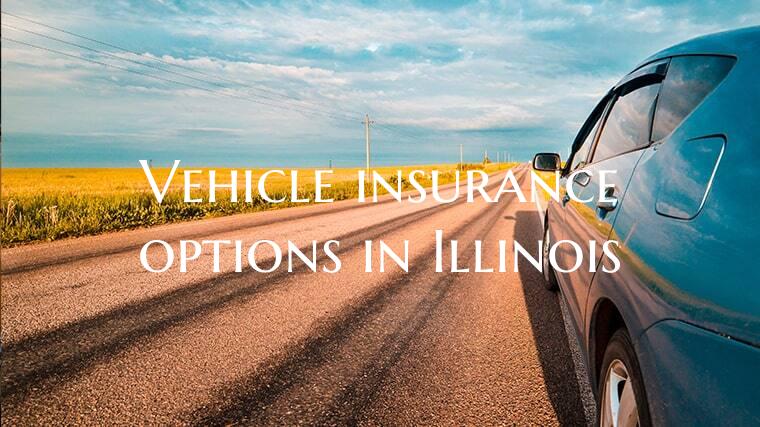When it comes to insuring your vehicle in Illinois, it's essential to understand the various insurance options available to protect yourself and your assets on the road. Illinois law requires all drivers to carry a minimum level of auto insurance to cover potential damages in case of an accident.
1. Minimum Liability Coverage: Every driver in Illinois must carry liability insurance that covers a minimum of $25,000 for injury or death of one person, $50,000 for injury or death of more than one person, and $20,000 for property damage. This coverage helps pay for the other party's medical bills and property damage if you are at fault in an accident.
2. Uninsured and Underinsured Motorist Coverage: Illinois also requires drivers to have uninsured motorist coverage of at least $25,000 per person and $50,000 per accident for bodily injury. This coverage protects you if you are in an accident with a driver who doesn't have insurance or sufficient coverage.
3. Collision Coverage: While not required by law, collision coverage is beneficial to cover damage to your vehicle in case of an accident, regardless of who is at fault. This coverage helps pay for repairs or replacement of your car.
4. Comprehensive Coverage: Comprehensive coverage is another optional insurance that covers damage to your vehicle caused by events other than a collision, such as theft, vandalism, or natural disasters.
5. Personal Injury Protection (PIP): PIP insurance covers medical expenses and lost wages for you and your passengers, regardless of who is at fault in an accident. It is optional in Illinois but can provide additional coverage in the event of injuries.
6. Rental Reimbursement Coverage: This optional coverage helps pay for a rental car if your vehicle is in the shop for repairs after an accident.
7. Gap Insurance: If you have a lease or loan on your vehicle, gap insurance can help cover the difference between the car's actual cash value and the amount you owe in case of a total loss.
When considering vehicle insurance options in Illinois, it's important to assess your needs, budget, and the level of protection you desire. Contacting insurance providers to compare quotes and coverage options can help you make an informed decision to ensure you have adequate coverage on the road.

